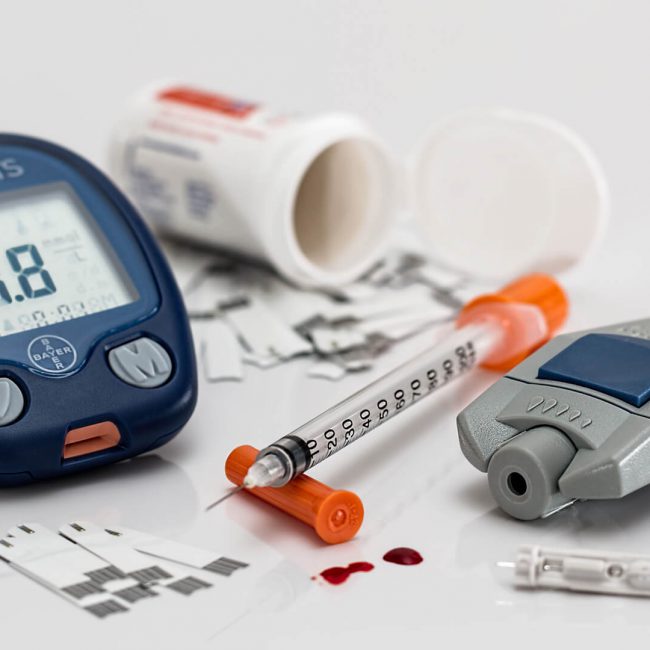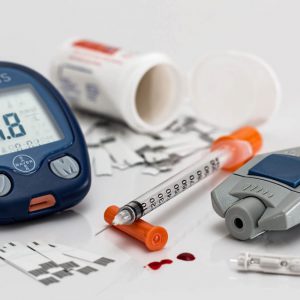The stool culture is a test that detects and identifies bacteria that cause infections of the lower digestive tract. The test distinguishes between the types of bacteria that cause disease (pathogenic) and the types that are normally found in the digestive tract (normal flora).
To determine whether you have an infection of your digestive tract due to the presence of disease-causing (pathogenic) bacteria.
Normal: No disease-causing (pathogenic) bacteria, viruses, fungi, or parasites are present or grow in the culture.
Abnormal: Bacteria (such as salmonella, shigella, campylobacter, certain types of Escherichia coli[E. coli], or Yersinia enterocolitica) grow in the culture. Fungi or parasites such as Giardia lamblia are found.



